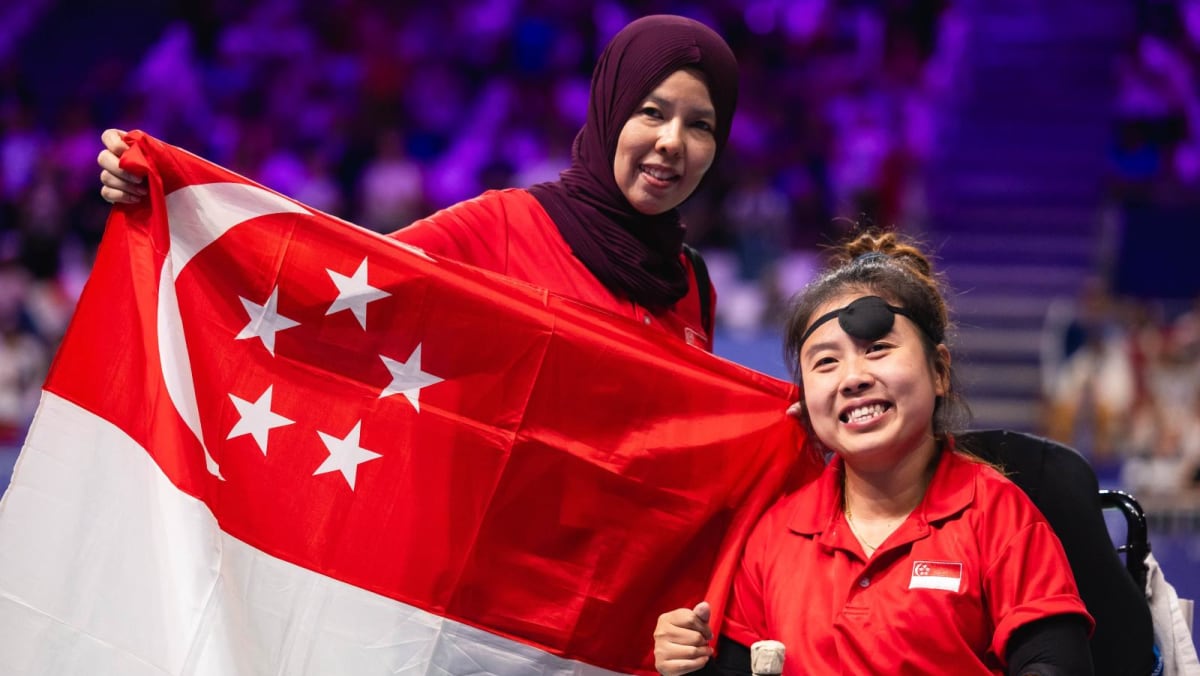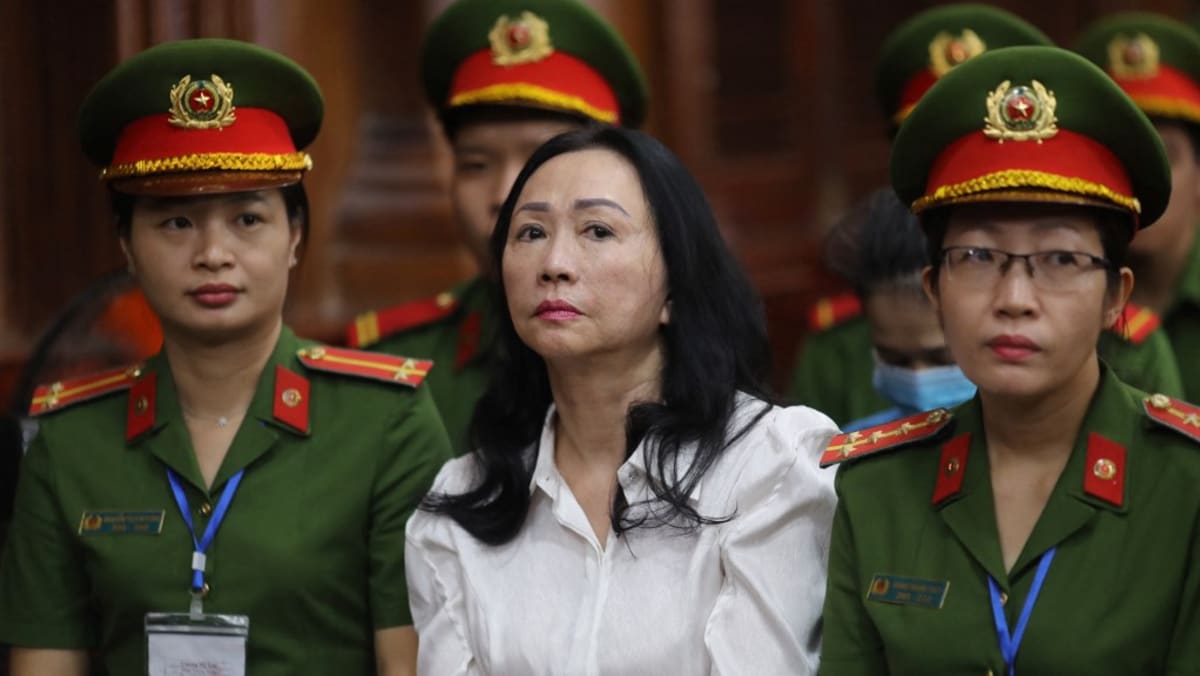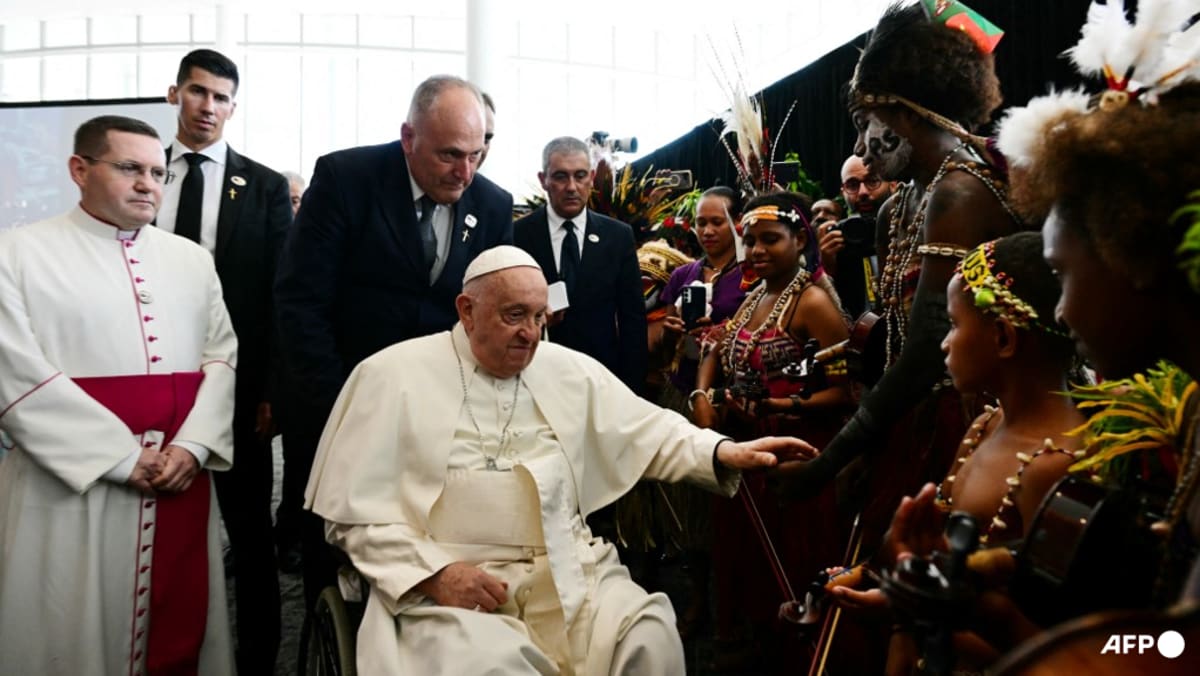VERNACULAR SCHOOLS “ALWAYS FACE FUNDING ISSUES”
The debate has raised questions on the level of government funding for vernacular schools, the acceptance of funds – directly or indirectly – from firms linked to goods deemed to cause social harm, and whether the opposition distorted the facts.
Malaysia’s primary schools are either national or vernacular – Chinese (SJK(C)- and Tamil-medium (SJK(T) – schools.
Vernacular schools have the same syllabus as national schools, barring the language subjects. They make up nearly one in four primary schools in Malaysia, according to 2020 data from the Ministry of Education.
Secondary schools are either national or independent schools. As of 2021, of the 2,444 secondary schools in Malaysia, 82 are Chinese government schools which are also known as SMJK, while 63 are independent Chinese high schools. There are no Tamil secondary schools in the country.
The SMJKs were once Chinese-medium schools, but opted to use the Malay language and the national syllabus for government aid. They are considered vernacular schools as they allocate more time for Mandarin lessons.
Although not all students at Chinese schools are ethnic Chinese – about 20 per cent of students in Chinese primary schools are non-Chinese, for example – these schools have drawn brickbats from certain quarters who argue that they hinder national unity, and want them shut.
Funding has been a longstanding issue for some vernacular schools in Malaysia, and these schools often have to raise the bulk of funds needed themselves.
Vernacular schools sited on government land receive full funding, while vernacular schools on land owned by the school board or trustees are only partially funded, explained Mr Arun Dorasamy of the Centre for Vernacular School Excellence.
“For the partially-funded schools, the government will only pay the salary of the teachers and basic allowance for students. All the overheads, maintenance of buildings and construction of new buildings are not paid by the government,” he said.
He added that about 85 per cent of Chinese schools and 67 per cent of Tamil schools were partially funded.
“These schools always face funding issues. They have to rely on philanthropists, businesses, donations from parents and communities as well as fundraisers,” he said, adding that most of the donations for vernacular schools came from the public and small businesses.
Tiger and another beer brand, Carlsberg, have been major fundraisers for Chinese vernacular schools for decades. Their efforts have contributed almost RM1 billion (US$214 million) to Malaysian vernacular schools in the last 30 years.
Last year, Tiger raised more than RM26 million for eight institutions, the highest amount recorded in a year since the inception of the CECC programme and more than double its initial target of RM12 million.
Carlsberg, through its Top Ten Charity Campaign, has raised RM568 million over the past 37 years for 684 schools nationwide, according to a report by The Rakyat Post.
For SJK(C) Tche Min school’s fundraising concert, teachers also chipped in.
According to news reports, 17 teachers donated at least half of their monthly salaries to support the construction of a new multi-purpose school hall.
The school’s deputy headmaster Teoh Lee Keng told The Rakyat Post that their collective effort raised over RM200,000, including donations collected from others.
“Since starting this fundraising initiative in April, our teachers have gone above and beyond, not only contributing their own money but also rallying support from the community,” the deputy headmaster was quoted as saying.
Funds raised with the help of companies are significant, Mr Wong told CNA, and they include not only alcohol brands but also gaming companies.
Others that have contributed to Chinese schools include supermarket chain Econsave and conglomerate YTL.
In his view, such a mode of fundraising is no different from companies paying taxes to the government, which are then used for public services.
“These companies pay tax which are also used to build public (infrastructure) such as roads and bridges,” he said.
What’s important, he said, is that Tiger is not placing its logo in schools and is not encouraging students to drink.
While Tiger did not elaborate on what “presenting” performance artists for fundraising concerts entails, Selangor and Kuala Lumpur United Chinese School Committees’ Association secretary-general Low Chee Chong said in a Malaysiakini podcast that concert sponsors “primarily cover the costs of the performers, lighting, sound, and promotional materials”.
“What they are actually paying for are the costs, not giving donations directly,” he said.










.jpg?itok=OcuTQINS)


